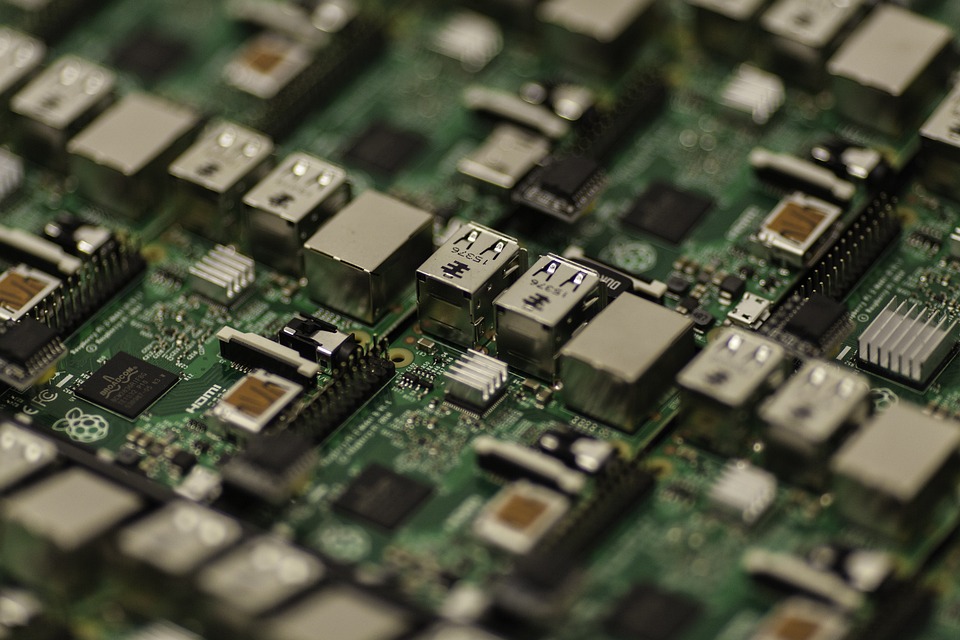Building better software is not just about creating a functional product, but also about writing clean and efficient code. Clean code is easy to read, understand, and maintain, while efficient code improves the performance and scalability of your software. Here are some tips for writing clean and efficient code:
1. Follow coding standards: Consistency is key when it comes to writing clean code. Follow coding standards, such as naming conventions, indentation, and commenting practices. This will make your code easier to read and understand for you and others who may work on it in the future.
2. Keep it simple: When writing code, aim for simplicity. Avoid unnecessary complexity and over-engineering. Break down your code into smaller, modular functions that each serve a specific purpose. This not only makes your code easier to understand, but also easier to test and debug.
3. Use meaningful variable names: Choose descriptive variable names that reflect the purpose of the data they store. Avoid using single-letter variables or vague names like “temp” or “x.” This will make your code more self-explanatory and reduce the need for unnecessary comments.
4. Optimize algorithms and data structures: When writing code, consider the efficiency of your algorithms and data structures. Use the most appropriate data structures for your needs and optimize your algorithms for better performance. This can significantly improve the speed and scalability of your software.
5. Avoid code duplication: Duplication is a common source of bugs and makes your code harder to maintain. Look for opportunities to refactor duplicated code into reusable functions or classes. This not only improves the readability of your code, but also reduces the chances of introducing bugs when making changes.
6. Write unit tests: Unit tests are a crucial part of writing clean and efficient code. Write tests for each function or module to ensure that they work as expected. This not only helps catch bugs early on, but also acts as documentation for the expected behavior of your code.
7. Refactor regularly: As your software evolves, it’s important to regularly refactor your code to keep it clean and efficient. Remove deprecated code, optimize performance bottlenecks, and improve readability. Regular refactoring ensures that your code remains maintainable and scalable in the long run.
In conclusion, writing clean and efficient code is essential for building better software. By following these tips and best practices, you can improve the readability, performance, and maintainability of your code. Remember, writing clean code is not just a one-time task, but an ongoing effort that pays off in the long run.




